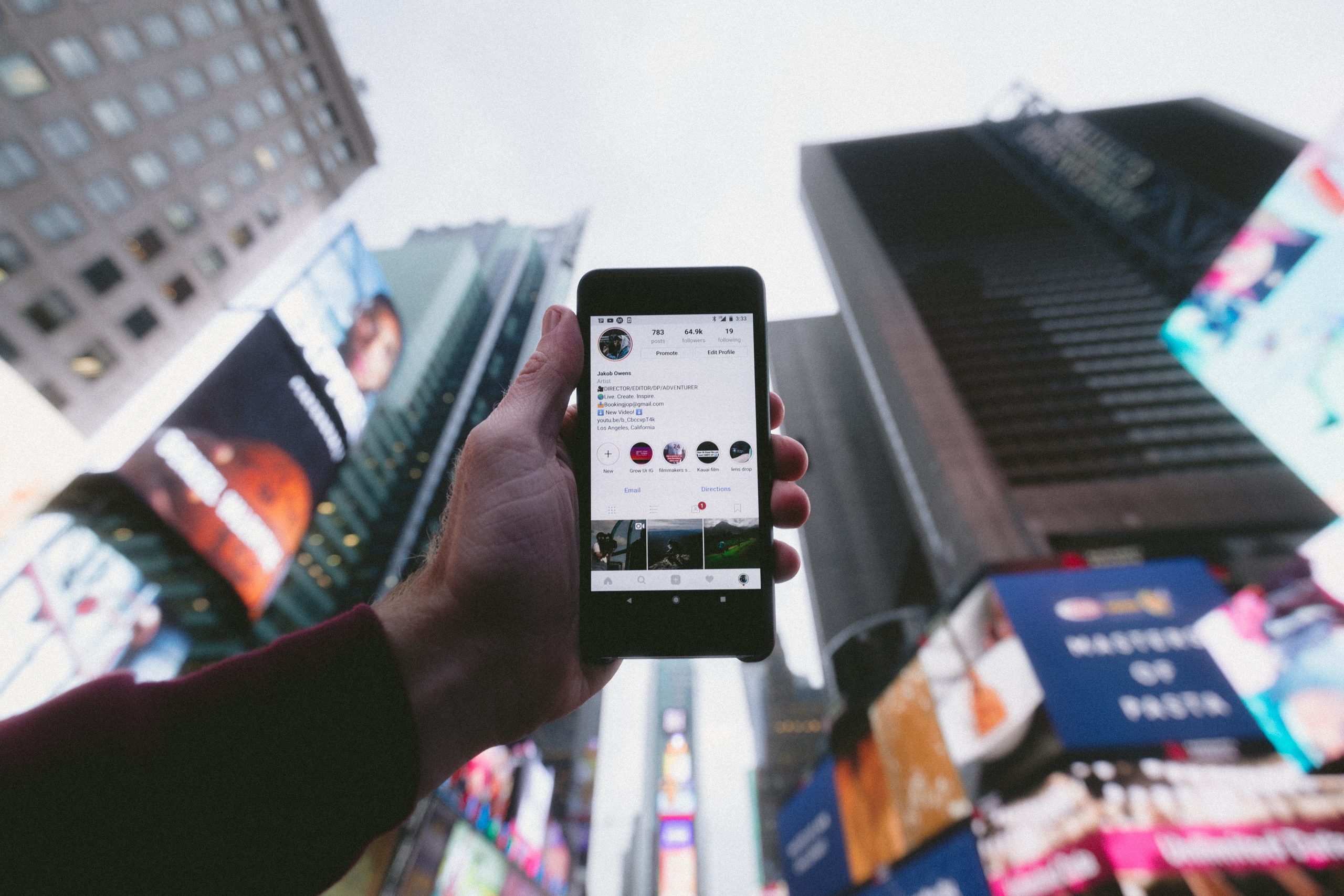You’ve probably heard of a VPN before, but you may not know exactly what it is or what it does. A VPN, or Virtual Private Network, is a way to secure your internet connection and browse the web anonymously. But one thing you might be wondering is, does a VPN use up your data? The answer is yes and no. In this blog post, we’ll explain how a VPN uses your data and whether or not it will affect your monthly data usage.
What is a VPN?
A VPN is a Virtual Private Network. It's a way to create a secure, private connection between two devices over the internet. When you use a VPN, your data is encrypted and sent through a secure tunnel to the VPN server. From there, it's sent to the internet. This means that your information is protected from hackers and other online threats.
A VPN can also help you access blocked websites and content. By connecting to a VPN server in a different country, you can bypass government censorship and access the internet freely.
VPNs are used by businesses and individuals all over the world to protect their data and privacy online. If you're concerned about your data usage, make sure to choose a VPN with unlimited data so you can browse, stream, and download without worry.
How does a VPN work?
A VPN, or Virtual Private Network, is a private network that encrypts and routes your internet traffic through a remote server. This way, your online activities are hidden from your ISP and other third parties. Essentially, a VPN allows you to browse the internet anonymously.
When you connect to a VPN server, all of your traffic is encrypted before it leaves your device. The encryption makes it difficult for anyone to snoop on your traffic or track your online activities. The data then goes to the VPN server, where it is decrypted and routed to its final destination.
Since your traffic is encrypted and routed through a remote server, your ISP cannot see what you are doing online. This makes it difficult for them to throttle your connection or sell your data to advertisers. It also helps to protect you from government surveillance and hackers who may be trying to spy on your online activity.
Does a VPN use data?
When you use a VPN, your data is encrypted and sent through a secure tunnel to the VPN server. From there, it is decrypted and sent to its final destination. This process uses data, but it is a very efficient way to keep your information safe and secure.
Which protocols use more data than others?
There are a variety of different protocols that can be used with a VPN, and some of them are more data-intensive than others. For example, the PPTP protocol uses less data than the L2TP/IPSec protocol.
If you're concerned about using up too much data with your VPN, you can always choose a protocol that uses fewer data. However, keep in mind that the tradeoff is usually lower security with lighter protocols.
How else can a VPN help you?
In addition to providing a secure connection and encrypting your data, a VPN can also help you save on your mobile data usage. By connecting to a VPN server, you can route your traffic through the server instead of your carrier's network. This can help reduce your data usage, especially if you are streaming video or audio content. Additionally, some VPN providers offer compression features that can further reduce your data usage.
When to use your VPN
You should use your VPN whenever you connect to the internet, especially if you are using public Wi-Fi. By encrypting your data, a VPN helps protect your information from hackers and identity thieves.
In addition to increased security, a VPN can also help bypass geo-restrictions. For example, if you are traveling abroad and want to access websites or services that are only available in your home country, you can connect to a VPN server in your country and access them as if you were at home.
Finally, using a VPN can help improve your online privacy by hiding your real IP address and making it harder for advertisers and other third parties to track your online activity.
How to use a VPN without using up your data
If you're worried about using up your data when you use a VPN, there are a few things you can do to minimize that risk. First, make sure to connect to a server that's close to your location. The farther away the server is, the more data you'll use up. Second, turn off any features that you don't need. Third, use a lighter VPN protocol if possible. Fourth, use a smaller VPN provider.
These are all general tips that will help reduce your data usage when using a VPN. However, keep in mind that every situation is different, so your mileage may vary.
Conclusion
There are a lot of misconceptions about VPNs, and one of the most common is that they use up your data. This simply isn't true — in fact, using a VPN can actually help you save data. When you connect to a VPN, all of your traffic is encrypted, which means that your ISP or other third parties can't intercept it. This means that you don't have to worry about your data being monitored or throttled, and it also means that you can safely use public Wi-Fi without having to worry about others stealing your data.


